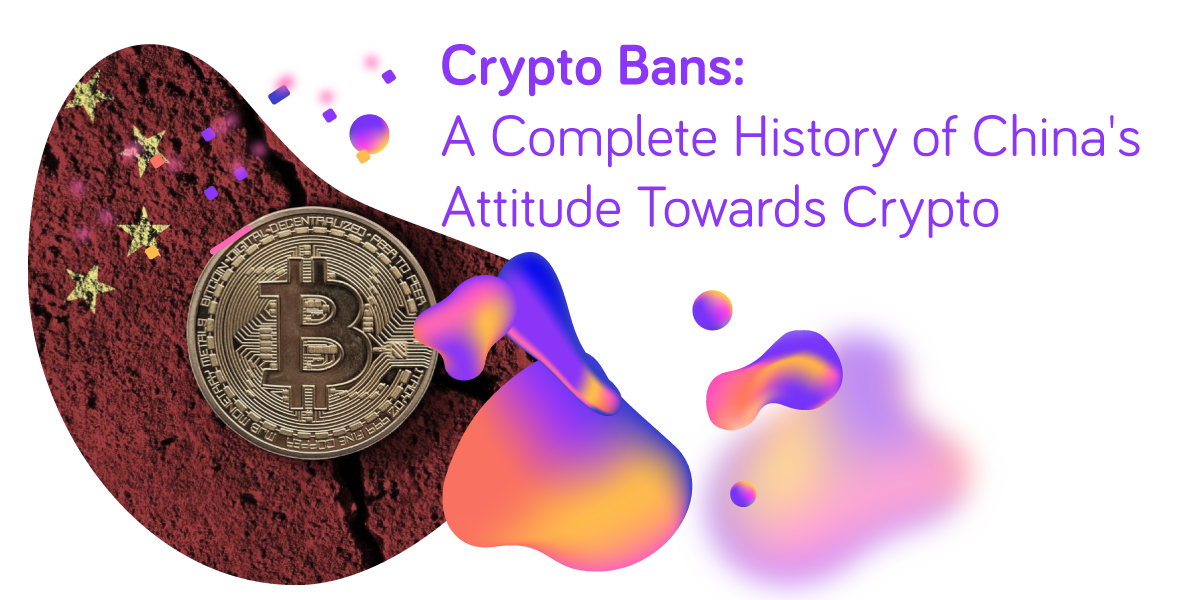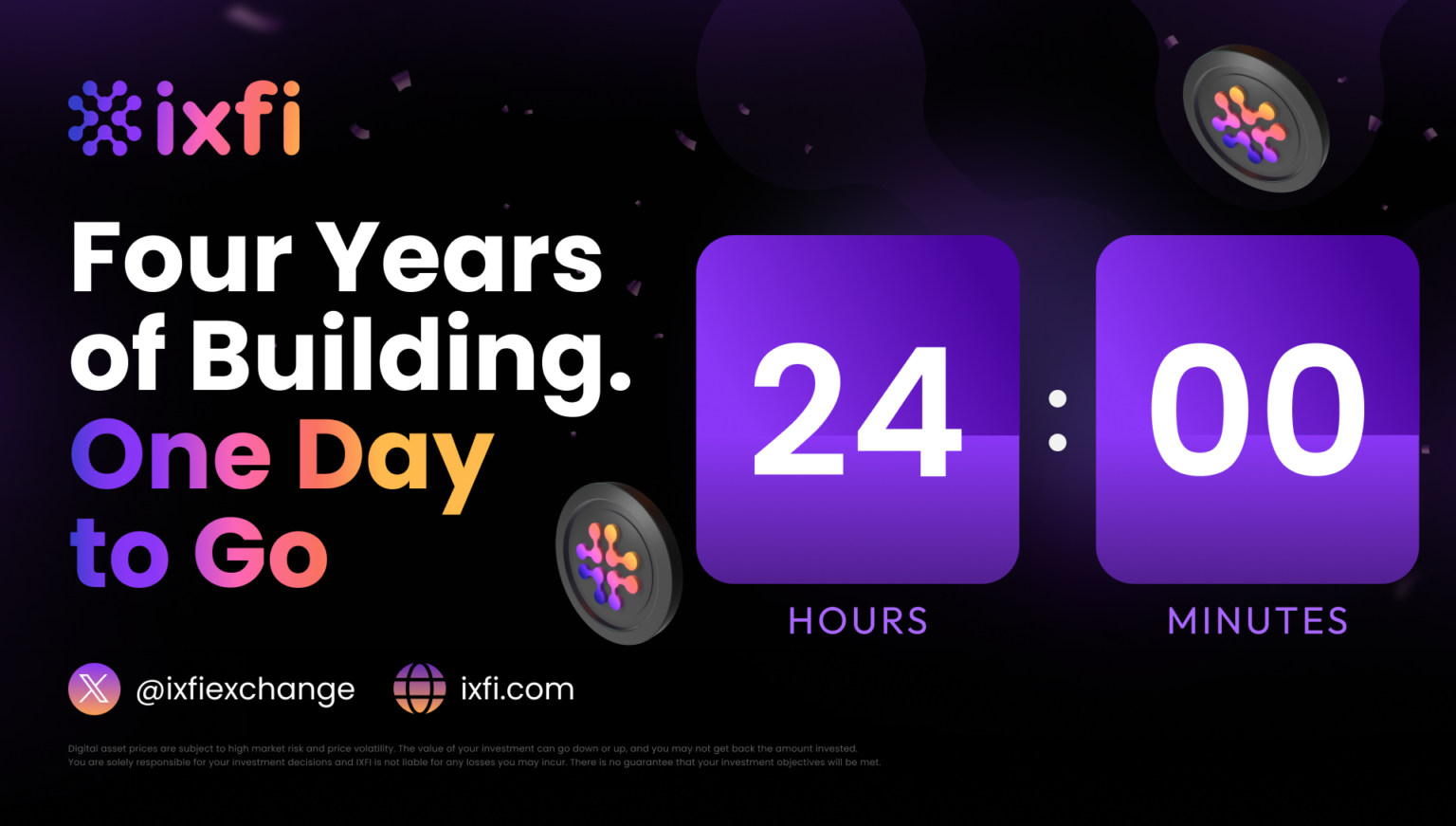September 24, 2021: the People’s Bank of China (PBOC) issues a nationwide ban on all cryptocurrency transactions and mining, declaring them illegal. The ban includes basically everything, from trading to investments, from marketing companies to IT providers working for offshore exchanges, making it virtually impossible for crypto miners to make legal business in China.
That day Bitcoin price fell by more than $2,000, Ether and Tether followed. Many miners and traders sold their assets or relocated to new locations outside China.
It was the strongest anti-crypto action ever taken by the country, but it didn’t come unexpectedly. Historically, China’s relationship with the crypto market has always been quite hostile. The government has banned cryptocurrency trading several times in the previous years, but it never fully shut the market down as it happened on September 2021.
So, how did we get there? Let’s find it out.
- 2007 — China’s early virtual currency. Tencent, the largest Chinese internet and phone provider creates the Q coin, designed to pay for add-ons and services within Tencent’s ecosystem. As millions of users start buying and selling the coins on secondary markets, the government shuts the program down.
- 2009 — New online gaming regulations. Chinese “gold farmers”, paid real money by wealthier gamers to mine virtual gold on their behalf by playing online games like World of Warcraft and Final Fantasy, get hit. The government’s new regulations ban the trading of virtual goods for real currency.
- 2011 — The first cryptocurrency exchange, BTC, opens. One year after Bitcoin started trading, China becomes one of the first countries to embrace cryptocurrencies.
- 2013 — Bitcoin gains popularity and the restrictions start. Cryptocurrency is gathering the world’s attention, Bitcoin’s value is going over $1,000 for the first time ever and Baidu, the Chinese search engine giant, starts accepting Bitcoin payments for websites security services.
However, in December, China issues an official notice prohibiting banks from handling Bitcoin transactions. In the statement, supported by the Ministry of Industry and Information, Bitcoin is defined as a “special virtual commodity”, with no legal tender.
As a result, Bitcoin’s value drops by over 30% and, two days after the announcement, BTC stops accepting yuan deposits.
- 2017 — Investigations and new bans. The year begins with the central bank scrutinizing and monitoring crypto exchanges’ activities for money laundering and market manipulation.
Based on the results of the investigation, in September PBOC declares initial coins offerings (ICOs) an illegal fundraising mechanisms. ICO platforms, are banned from issuing tokens.
Financial institutions are also hit by additional restrictions blocking them from providing token-based fundraising activity services. A couple of weeks later, all crypto exchanges receive a shutdown order from the office of the Leading Group of Beijing Internet Financial Risks Remediation.
As a workaround, the majority of crypto traders and customers start using peer-to-peer platforms while the biggest China-based exchanges relocate abroad.
· 2019 — Cryptomining is targeted. A couple of years later, the attention turns on mining activities. Bitcoin mining, is a resource-intensive computer process of solving complex mathematical puzzles and validating transactions in order to earn Bitcoins as a reward.
With its popularity spreading worldwide, the energy required to mine each Bitcoin is constantly increasing. As China becomes one of the major hubs of mining activities due to low electricity prices, The Chinese National Development and Reform Commission (NDRC) labels Bitcoin mining as “undesirable” due to its environmental effects.
Even if no official action is taken, in its statement NDRC suggests that crypto mining should be discouraged, restricted or even phased out by local governments.
· 2020 — The crackdown continues. Throughout the year, the government keeps on turning the screw on cryptocurrency activities, while the central bank decides to block hundreds of crypto exchange services foreign websites.
· 2021 — Crypto trading and mining are declared illegal. Inner Mongolia, Xinjiang and Sichuan, all major Bitcoin mining hubs, start introducing new restrictions on Bitcoin miners’ operations.
As China’s environmental goals are under threat, the State Council calls for a full ban on crypto mining and trading. As a result, some provincial governments start implementing measures with the goal of completely abolishing them.
This gets us back to September 2021, when the most severe ban in China’s cryptocurrency history took place. But it did not stop there.
- 2022 — Further clampdown. Just a few days ago, the Chinese government broadened its criminal law to crypto for the first time, including the threat of jail sentence in case of illegal fundraising.
As you can see, the ramp-up of China’s measures against crypto has its root in the country’s love-hate relationships with the digital currency. But, is this really the last nail in the coffin? Probably not as it would be like cutting the nation out of the global economy. In fact, the Chinese government and the banks have been working for years on an official, stable digital currency: the e-CNY (China’s digital yuan).
As more countries in the world are making plans for their digital currency and crypto is becoming a key part of the economy worldwide, it will be very interesting to see the development of this journey and be part of it. You can do that and much more with your Friendly Crypto Exchange IXFI.
Hungry for more interesting cryptocurrency information? Do not miss our new articles, only on our blog.
Disclaimer: The content of this article is not investment advice and does not constitute an offer or solicitation to offer or recommendation of any investment product. It is for general purposes only and does not take into account your individual needs, investment objectives and specific financial and fiscal circumstances.
Although the material contained in this article was prepared based on information from public and private sources that IXFI believes to be reliable, no representation, warranty or undertaking, stated or implied, is given as to the accuracy of the information contained herein, and IXFI expressly disclaims any liability for the accuracy and completeness of the information contained in this article.
Investment involves risk; any ideas or strategies discussed herein should therefore not be undertaken by any individual without prior consultation with a financial professional for the purpose of assessing whether the ideas or strategies that are discussed are suitable to you based on your own personal financial and fiscal objectives, needs and risk tolerance. IXFI expressly disclaims any liability or loss incurred by any person who acts on the information, ideas or strategies discussed herein.




